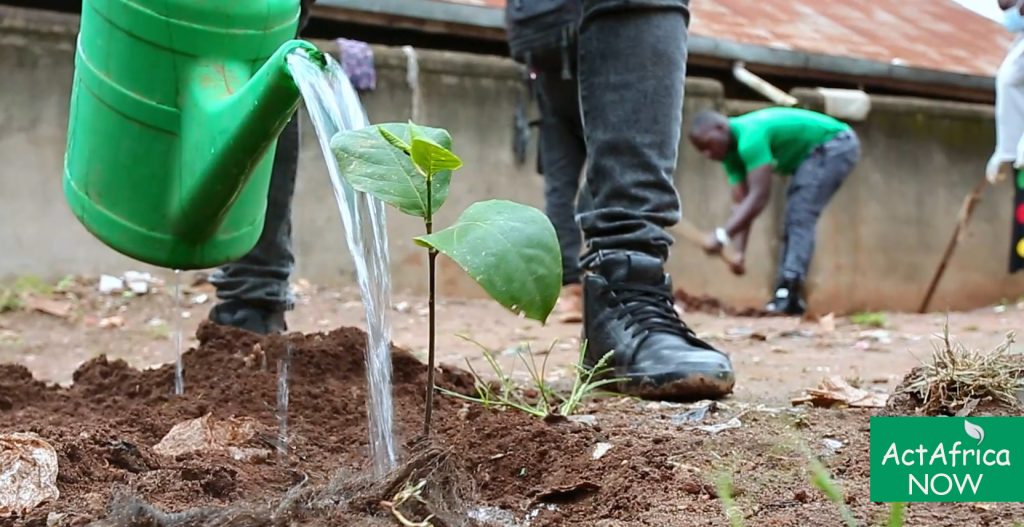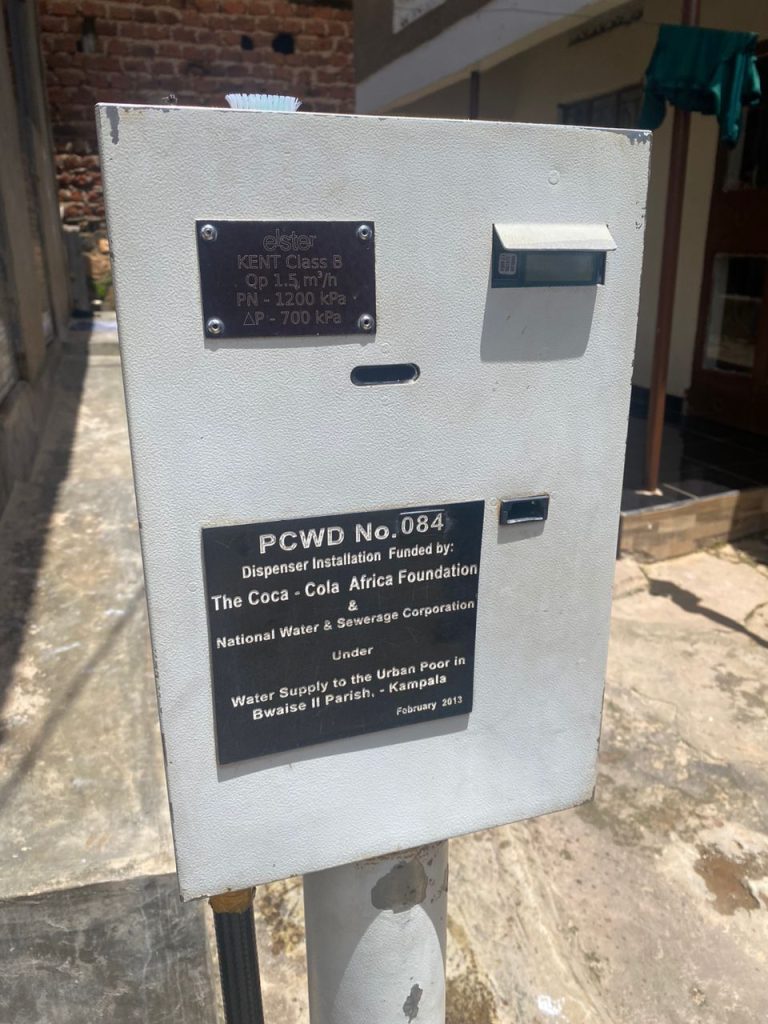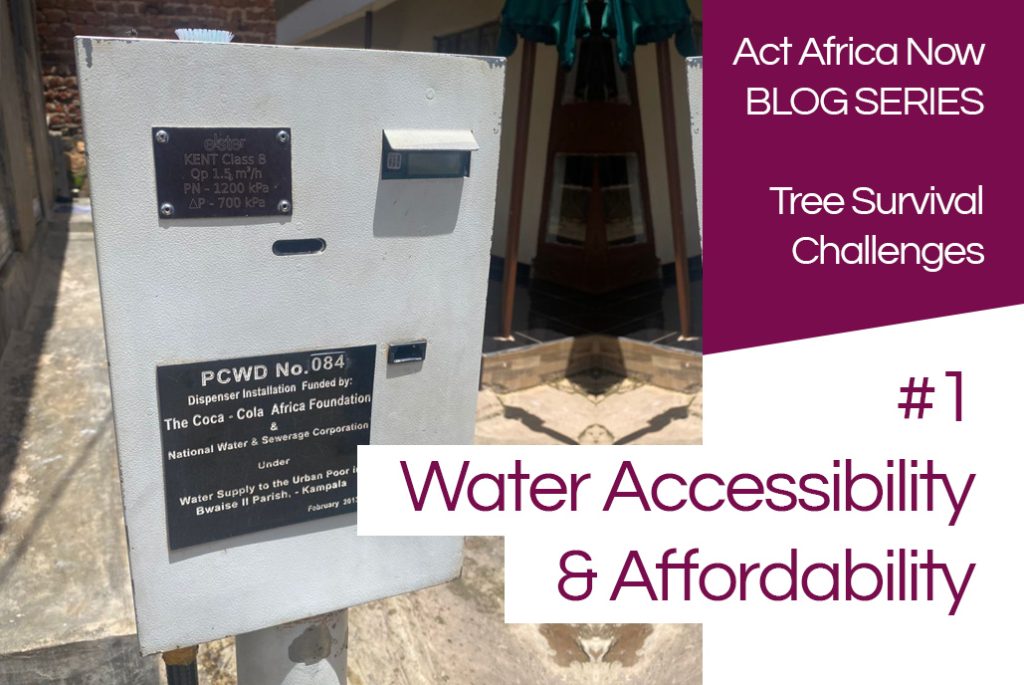Recognizing the Vital Role of Water in Tree Survival
Water is crucial for tree survival, but it’s often overlooked in planning and funding tree projects. Despite Uganda’s ample rainfall, effective water management is essential for many reasons
- Uganda experiences dry seasons, during which saplings require consistent watering to flourish.
- Recent years have seen a decline in the predictability of rainfall patterns, making reliance solely on natural precipitation increasingly unreliable.
- Compounding this issue is the severely degraded and compacted soil prevalent in many slum areas. When rain does occur, it often fails to permeate the ground effectively, leading to surface runoff and exacerbating flooding, ultimately reverting the area to arid, compacted soil.
- In slum communities where daily survival takes precedence and financial resources are limited, allocating funds for watering new trees often takes a back seat. To address this, we propose implementing a system of Green Wardens responsible for ensuring each tree’s survival, including securing the necessary budget for water provision.
- The water available in slum areas is frequently contaminated with human and chemical waste, posing a significant threat to healthy plant growth. As a result, clean water must often be sourced externally, incurring additional costs.
- Rainwater harvesting presents a viable solution to mitigate water scarcity. While we have previously piloted such projects, challenges such as theft of exposed equipment have been encountered. Exploring underground storage options is underway to address these challenges effectively.


In many of the urban communities we serve, access to water is through pre-paid meters like the one depicted in the photo, or through privately owned taps.
For those utilizing NWSC (National Water and Sewerage Corporation) pre-paid meters, a key is purchased from locations like the Kisenyi NWSC service center for 15,000 UGX. Subsequently, funds are loaded onto the meter, from 1,000 UGX upwards. 5,000 UGX would typically sustains an average household for two months, equivalent to filling 200, 20-liter jerry cans. In cases where the meter malfunctions, the community often mobilizes resources, raising funds amounting to 70,000 UGX to contribute to NWSC for repairs. Additionally, if the key itself becomes damaged, a replacement must be obtained from NWSC.
For residents whose closest access to clean water is through a privately owned tap, the associated cost varies depending on the tap owner’s discretion.
Moving forward, our programming will prioritize budget allocations for water, recognizing its indispensable role in nurturing trees, particularly during their vulnerable initial growth stages. By proactively addressing these water challenges, we aim to ensure the long-term health and resilience of urban tree ecosystems in slum environments. Your input and suggestions are welcomed as we strive to implement sustainable solutions for the benefit of our communities.
Thanks to Angel Nyapendi for research support
Further info on prepaid water meters
Monitor Press 2020: https://www.monitor.co.ug/uganda/news/national/prepaid-water-meters-offer-relief-1880952



